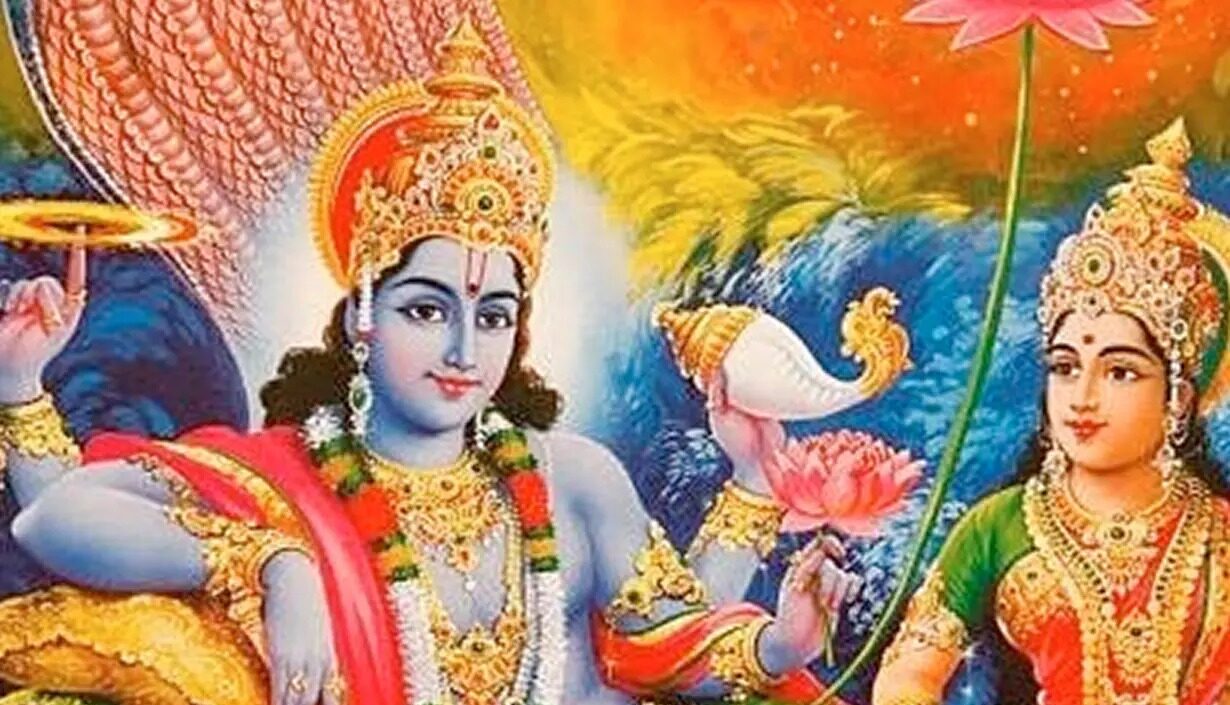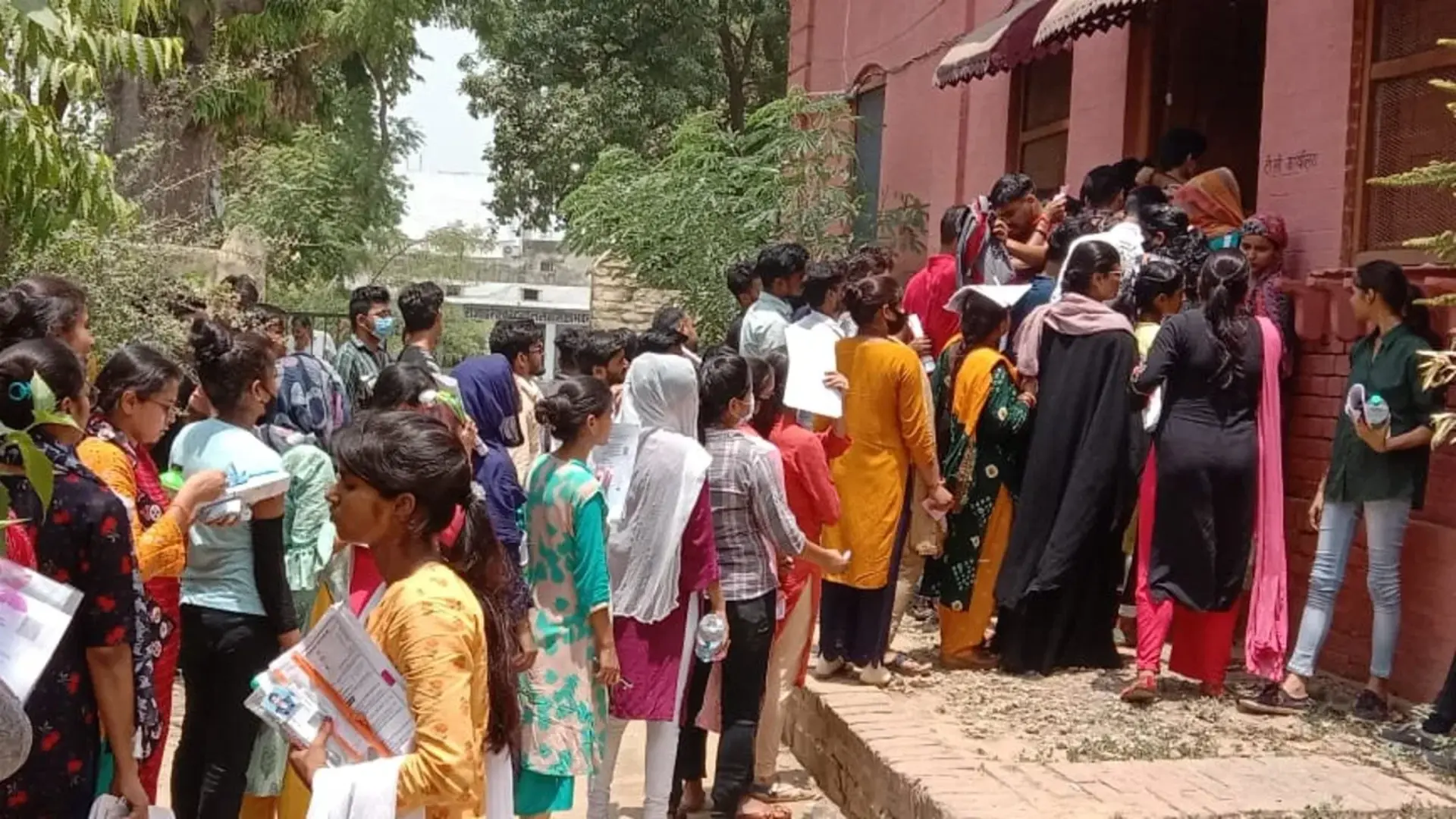Nirjala Ekadashi is an important Hindu fasting day observed on the eleventh day (Ekadashi) of the Hindu lunar month of Jyeshtha. It is also known as Pandava Ekadashi or Bhimseni Ekadashi. Here are the details about its significance, date, and how to worship:
Significance:
Nirjala Ekadashi is considered the most austere and rigorous among all Ekadashi fasts because it requires total fasting without even drinking water (nirjala means without water). It is believed that observing this fast is equivalent to observing all 24 Ekadashis throughout the year.
According to the Drik Panchang, the Ekadashi date of Shukla Paksha of Jyeshtha month is starting on June 17 at 04:42 am, which will end on June 18 at 06:23 am. In such a situation, on the basis of Udaya Tithi, Nirjala Ekadashi fast will be observed on June 18 2024
How to Worship:
Fasting: The main observance of Nirjala Ekadashi is the strict fast from sunrise on Ekadashi day to sunrise on the following day (Dwadashi). This includes abstaining from food and water for the entire duration of 24 hours.
Prayers and Mantras: Devotees wake up early and take a ritual bath (snan) in the morning. They then offer prayers to Lord Vishnu and recite Vishnu Sahasranama (thousand names of Lord Vishnu) or other prayers dedicated to Lord Vishnu.
Puja: Devotees visit Vishnu temples and offer flowers, fruits, and sweets to the deity. Special bhajans and kirtans dedicated to Lord Vishnu are performed in temples and homes.
Charity: Giving donations (daan) to the needy, feeding the poor, and performing acts of charity are considered auspicious on Nirjala Ekadashi.
Vrat Vidhi: The fast is broken on the next day (Dwadashi) after sunrise. Traditionally, people break the fast with water followed by a meal that does not include grains like rice and wheat.
Meditation and Reflection: It is also a time for introspection, meditation, and reflecting on one’s spiritual journey.
On Nirjala Ekadashi, devotees typically offer various items as part of their worship and fasting rituals. Here are some common offerings:
Flowers: Fresh flowers, especially lotus flowers or any favorite flowers of Lord Vishnu, are offered during prayers and rituals.
Fruits: Offerings of seasonal fruits like bananas, apples, mangoes, and coconuts are common. These fruits are considered pure and are offered with reverence.
Sweets: Traditional sweets such as ladoos, pedas, kheer (rice pudding), and fruits like coconut barfi or any other sweet preparation are offered to Lord Vishnu.
Tulsi Leaves: Tulsi (holy basil) leaves are considered sacred and are offered during prayers. Tulsi is believed to be dear to Lord Vishnu.
Incense and Diya: Burning incense sticks (agarbatti) and lighting diyas (oil lamps) are common practices during worship, symbolizing the offering of light and fragrance to the deity.
Water: While fasting strictly on Nirjala Ekadashi, devotees do not consume food or water. However, water is used for rituals like ablutions (snan) and for offering to the deity in a symbolic manner.
Dhoop (Frankincense): Burning dhoop (frankincense) is also considered auspicious during prayers and is offered to purify the environment.
Naivedya (Food Offering): After the completion of prayers, a small portion of the prepared food (prasad) is offered to Lord Vishnu. This food is then distributed among the devotees as a blessing.
These offerings are made with utmost devotion and faith, seeking the blessings of Lord Vishnu on Nirjala Ekadashi, a day considered highly auspicious for spiritual practices and fasting in Hinduism.
In Hindu belief, clearing karmic debts involves spiritual practices aimed at mitigating the effects of past actions (karma) that may have negative consequences on one’s present life or future lives. While Nirjala Ekadashi is primarily focused on fasting and devotion to Lord Vishnu, there are spiritual principles and practices associated with it that are believed to help in clearing karmic debts:
Sincere Repentance (Prayaschitta): Reflecting on past actions and sincerely repenting for any wrongdoings is an important step. Acknowledging mistakes and seeking forgiveness from oneself, others, and from the divine can help alleviate karmic burdens.
Charity and Acts of Kindness (Daan): Giving to the needy and performing acts of kindness are considered powerful ways to balance negative karma. On Nirjala Ekadashi, donating food, clothing, or other essentials to the less fortunate is believed to be auspicious.
Fasting with Devotion: Fasting on Nirjala Ekadashi, especially the strict fast without water (nirjala), is seen as a form of austerity that purifies the body and mind. It demonstrates discipline and dedication to spiritual growth, which can help in reducing karmic debts.
Chanting and Prayer: Reciting prayers, mantras, or sacred texts dedicated to Lord Vishnu during Nirjala Ekadashi is believed to invoke divine grace. Chanting Vishnu Sahasranama (thousand names of Vishnu) or other hymns can purify the mind and soul, aiding in the dissolution of negative karma.
Seeking Spiritual Guidance: Consulting with spiritual teachers or gurus for guidance on spiritual practices and seeking their blessings can provide clarity and direction in addressing karmic debts.
Selfless Service (Seva): Engaging in selfless service to the community, volunteering, or helping others without expecting anything in return is considered beneficial for spiritual growth and for balancing karmic accounts.
It’s important to note that the concept of clearing karmic debts is deeply rooted in spiritual beliefs and varies across different schools of thought within Hinduism. While observing Nirjala Ekadashi with devotion and performing virtuous actions can contribute positively to one’s spiritual journey, the ultimate resolution of karmic debts is seen as a complex and ongoing process influenced by individual actions, intentions, and spiritual evolution over lifetimes.
Benefits:
Observing Nirjala Ekadashi is believed to cleanse sins, bestow spiritual merit, and bring peace and prosperity to the devotee’s life. It is said to grant the same benefits as performing yajnas (ritual sacrifices) and bathing in holy rivers.
By following these rituals and observances, devotees seek blessings from Lord Vishnu for good health, prosperity, and spiritual advancement.







